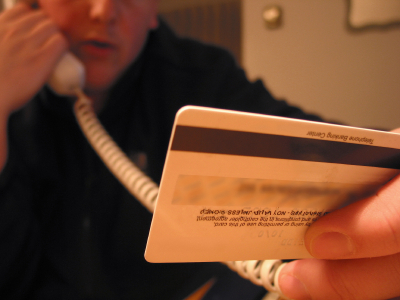Accommodation scam affects consumers and businesses
Accommodation providers are being targeted by scammers who make bookings using a stolen credit card, before cancelling with a sob story and requesting a refund be paid into a bank account. But it’s not just businesses affected by this scam.
A consumer reported to WA ScamNet that she had been wrongly charged by a hotel in New South Wales for catering services – it would appear her credit card was used by scammers who cancelled the booking and got the service-provider to put an urgent refund into a bank account rather than back on to the card.
This shows consumers need to keep a close eye on their credit card statements and seek charge backs from their financial institution for any fraudulent transactions.
Meanwhile accommodation providers and similar businesses need to be aware scammers are operating in this way and getting caught up in this sort of scam will result in monetary loss for the business. The best advice is to only refund money on to the credit card or into the bank account used to make a booking or purchase.
This con is a new variation of a previous scam which aimed to trick accommodation providers and had also targeted vehicle repair businesses.
Previously we have seen bookings made by email or phone for accommodation or vehicle repairs, and a payment exceeding the total bill paid via cheque or credit card. The scammer then requests a refund of the overpaid amount before the cheque bounces or credit card payment is reversed because it was a fraudulent transaction.
Businesses also need to be mindful of their computer systems being intercepted and keep firewalls, anti-virus and anti-spyware up-to-date.
Earlier this year a hardware supplies store in the Midwest received a ransom message from hackers to say the company’s computer had been frozen and files encrypted, along with instructions on how to pay for the unlocking of the data. The business refused to cooperate with the scammers and instead had to foot the $8,000 bill for a local computer technician to fix the problem. Valuable sales and trading data was also lost because it hadn’t been backed up recently.
A series of videos outlining how these types of scams work along with preventative tips for small businesses can be found under the title ‘Stevie’s scam school’ .
Written warnings can be accessed via the following links:
- Holiday booking scam
- [ Article U9NVKVW76YUWWUNLP7UYVZGZ8GYN6P not found.]
- Towing scam
- Rental and share accommodation scam



